I'm trying to modify a game engine so it records events (like key presses), and store these in a MySQL database on a remote server. The game engine is written in C++, and I currently have the following straightforward architecture, using mysql++ to directly INSERTrecords into appropriate databases:

Unfortunately, there's a very large overhead when connecting to the MySQL server, and the game stops for a significant amount of time. Pushing a batch of Xs worth of events to the server causes a significant delay in gameplay (60s worth of events can take 12s to synchronise). There are also apparently security concerns with leaving the MySQL port accessible publicly.
I was considering an alternative option, instead sending commands to the server, which can interact with the database in its own time:

Here the game would only send the necessary information (e.g. the table to update and the data to insert). I'm not sure whether the speed increase would be sufficient, or what system would be appropriate for managing the commands sent from the game.
Someone else suggested Log4j, but obviously I need a C++ solution. Is there an appropriate existing framework for accomplishing what I want?